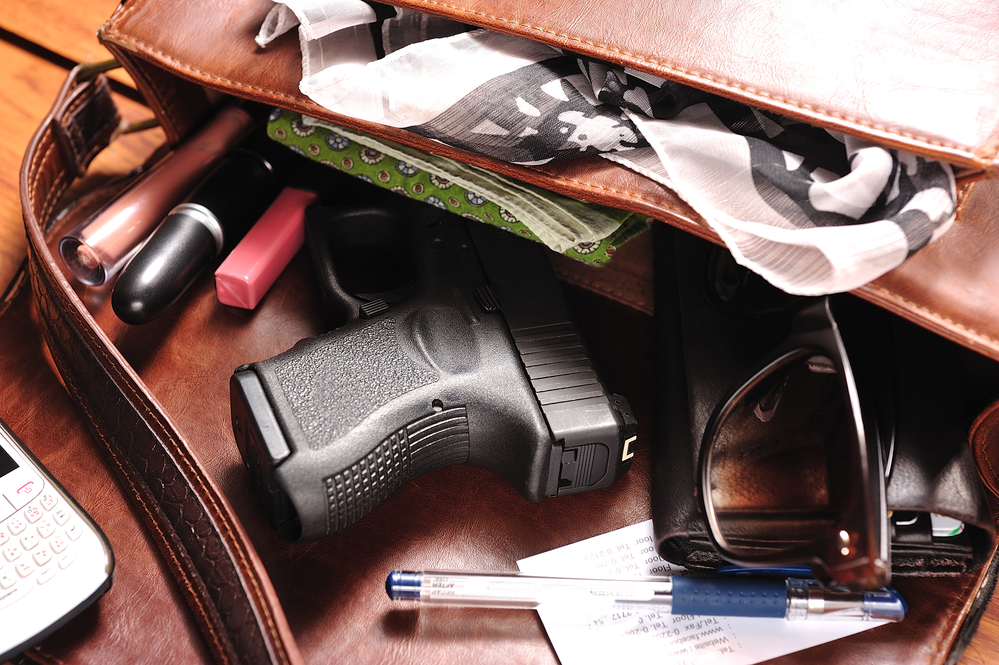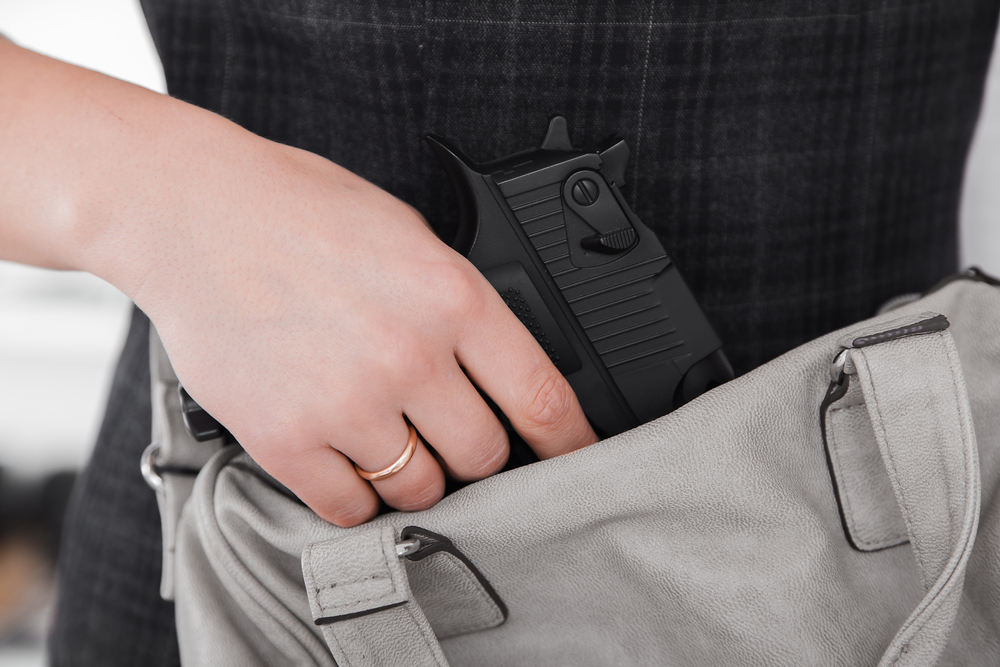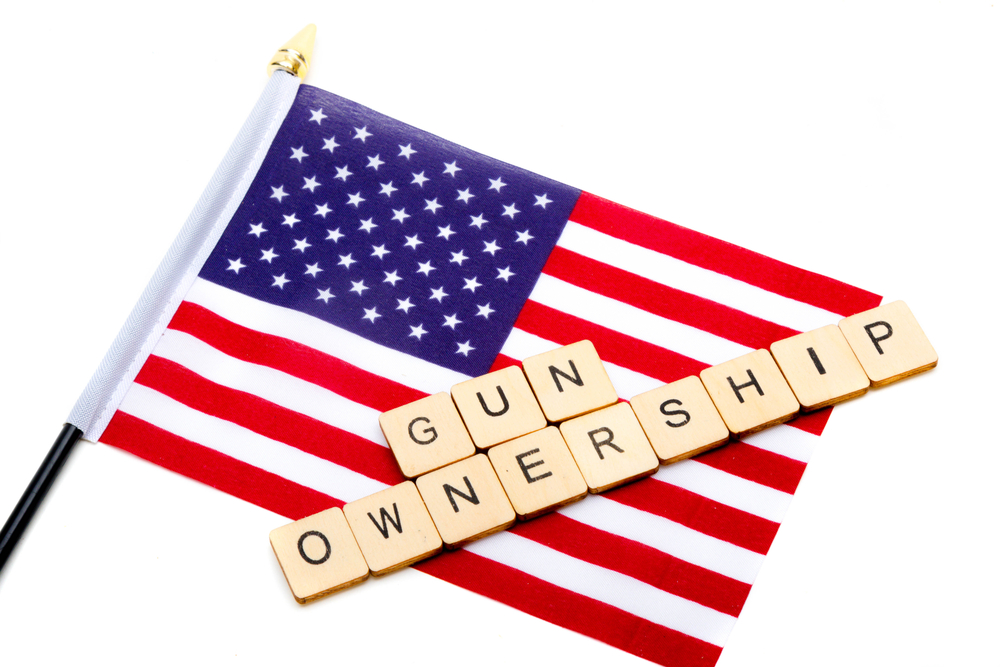
Should a patient who has been legally approved to use medical marijuana be prohibited from owning a gun? The Second Amendment of the United States Constitution affords each citizen the right to bear arms to protect self, family, and property. But when it comes to gun rights and marijuana (GRAM), many patients are stuck in a legally contentious situation. Do they get rid of their firearms to avoid severe legal consequences for possessing a medical card and a weapon?
Patients have won the right to access medicinal cannabis now, in thirty-six states across America. What few people realize is that the effort in some cases has been decades-long. Supported by patient advocacy groups, parents of children with rare diseases, and chronic, life-threatening health conditions.
People who wanted a safer alternative to opioid medications caused over 30,000 overdose deaths in the United States in 2019 alone. The number of opioid-related deaths increased in 2019, despite measures to control and restrict prescriptions to prevent addiction to prescription painkillers.
The GOP and the Republican Party of the pro-Second Amendment. But on both sides of the political spectrum is the belief that Second Amendment rights to bear arms are worth protecting. Now, a new piece of legislation is in Congress to protect that right. So that American patients with a medical card won’t have to choose medicine or the security of owning a firearm.
Marijuana Moment reported that the new bill was filed on Thursday, April 22, 2021, in Congress. Representative Don Young (R-AK) and two other GOP cosponsors file the Gun Rights and Marijuana Act (HR 2830). And the bill differentiates between drugs and weapons with criminal intent versus a patient who is lawfully using medical marijuana.
In federal law, marijuana remains a prohibited Schedule I drug on the Controlled Substances Act. When you consider the other drugs categorized as Schedule I, cannabis seems not to belong. Like the Sesame Street song “one of these things just doesn’t belong here,” likening cannabis to heroin, meth, and LSD? Cannabis doesn’t fit in the same category. Particularly since to date, there hasn’t been one single cannabis overdose incident. Where cannabis was the only drug of use.
What is even odder is the list of Schedule II drugs that are deemed to be safer than cannabis. Those drugs that are considered acceptable for doctor-supervised safe use include drugs we know are high risk for overdose deaths, including:
When it comes to gun rights and marijuana, the first step is to reclassify cannabis. Currently, in U.S. legislation, it’s earned a classification that doesn’t fit. And the more you learn about the history of the prohibition of cannabis in America, the more you understand that contradiction. And how rooted it is in racial propaganda for political gain and misinformation that began in the early 1950s.

Rep. Don Young is an 87-year-old Republican from Alaska. And he has been vocal about the legal jeopardy that people with medical cards currently face. Owning a gun and having cannabis in your possession (even as a patient) could result in a $10,000 fine and up to ten years in prison under current federal laws.
The designation of a medical cardholder as protected because of state law is how the critical legislative shift will happen—assuming that the Gun Rights and Marijuana Act (HR 2830) passes in Congress.
Specifically, the provision that an ‘unlawful user of or addicted to any controlled substance shall not include a person because of unlawful use or addiction to marijuana.’ In other words, medical cardholders in compliance with state law won’t be confused with people charged with violent or criminal drug possession because guns and drugs are found together.
Right now, the federal laws don’t see a difference between a patient who has a medical card and someone who is distributing, manufacturing, or selling drugs. And it all comes down to understanding the different scenarios. A patient with a gun safe in their closet, a medical card, and legal access to medical cannabis for health needs. Or gang, cartel, or illicit criminal activities involving drugs and guns.
The Gun Rights and Marijuana Act (HR 2830) intends not to give medical cardholders a ‘carte blanche’ or a free pass on all possible criminal charges. Drugs and weapons do not mix, and cardholders engaged in criminal activities are not protected from prosecution.
In the current iteration of HR 2830, there would be some exceptions:
So, the legislation does not exempt someone with a medical card from legal consequences. If they are engaged in a criminal or violent incident, they are not immune to weapons and drug possession charges. But simply owning firearms for personal protection and having cannabis as a medical cardholder? There would be some protection there for legitimate, law-abiding patients.

Anytime an American wants to purchase a firearm from a federally licensed retailer, they have to fill out a form. And there is a question that creates a catch 22 for medical cardholders: “Are you an unlawful user of, or addicted to, marijuana or any depressant, stimulant, narcotic drug, or any other controlled substance?”
Essentially, that includes alcohol. But then again, alcohol seems to get a bit of a pass. Because immediately following that question is a warning on the firearms sales form:
“The use of possession of marijuana remains unlawful under Federal law regardless of whether it has been legalized or decriminalized for medicinal or recreational purposes in the state where you reside.”
The Gun Rights and Marijuana (GRAM) act would change that. And medical cardholders, if the bill is passed, would not have to choose between their Second Amendment right to bear arms and the state legalized use of cannabis for symptom management.
Featured IMage: amenic181 |Deposit Photos
No Information on MarijuanaDoctors.Com should be used to diagnose, treat, prevent or cure any disease or condition. You can view our Full Disclaimer here.